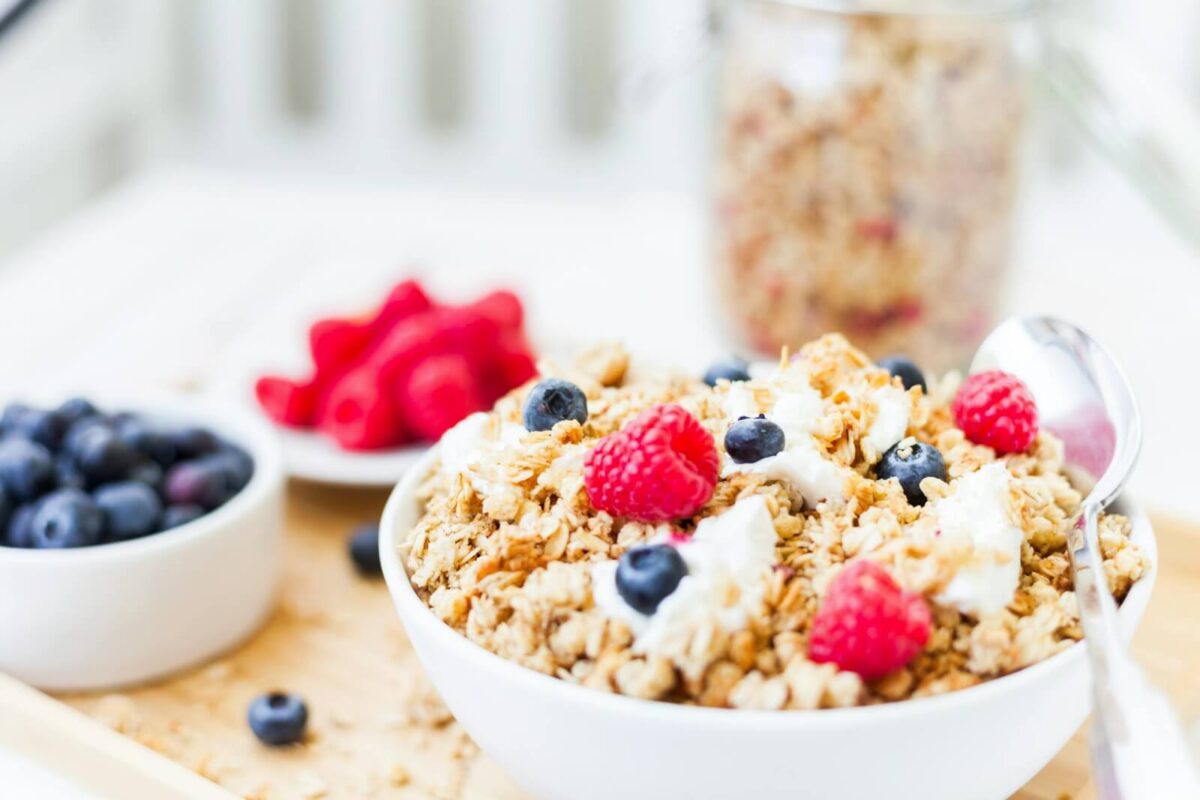Why Do I Never Feel Full? 10 Reasons You Might Feel Hungry After Eating

If you’ve been asking yourself, “Why do I never feel full?” you’re not alone. The good news is that there’s usually a reason behind it, and with a few tweaks, you can start feeling more satisfied after meals.
Let’s dive into some common reasons for always feeling hungry and what you can do to fix it.
1. You’re Not Eating Enough Protein
Protein is your best friend when it comes to staying full. It helps stabilize your blood sugar and keeps hunger hormones in check. If your meals are mostly carbs or fats, you might feel hungry again soon after eating.
Fix it: Include a good source of protein in every meal, like chicken, fish, eggs, tofu, beans, or Greek yogurt. Even snacks can get a protein boost—think string cheese, hard-boiled eggs, or a handful of nuts.
2. You’re Skimping on Fiber

Fiber slows digestion and makes meals more filling. Without it, your stomach might feel empty, even after eating.
Fix it: Add more foods that are high in fiber, like fruits, veggies, whole grains, and legumes, to your meals. Think oatmeal for breakfast, a big salad for lunch, or roasted veggies with dinner.
3. You’re Eating Too Many Processed Foods
Fast food, chips, and sugary snacks are low in nutrients and often leave you hungry for more. These foods can spike your blood sugar, leading to a crash that triggers cravings.
Fix it: Add more whole, nutrient-dense foods into your diet. Swap processed snacks for healthier options like fruit with almond butter or popsicles made from yogurt and protein powder.
4. You’re Not Drinking Enough Water

Sometimes, thirst can feel like hunger. If you’re not hydrating properly, your body might be sending mixed signals that leave you reaching for snacks instead of a glass of water.
Fix it: Start your day with a big glass of water and aim to sip throughout the day. Herbal teas and sparkling water can also help keep you hydrated. Shoot for one half of your body weight in ounces per day-capped at 128 oz.
5. You’re Eating Too Quickly
It takes time for your stomach to signal your brain that you’re full. If you’re eating too fast, you might overeat before realizing you’ve had enough.
Fix it: Try mindful eating. Slow down and savor your meals. Eat more slowly and chew thoroughly. Put your fork down between bites and enjoy the flavors of your food.
6. You’re Stressed

High cortisol levels from stress can make you crave more food, especially carbs and sugar, which can result in weight gain and increased hunger.
Fix it: Find healthy ways to manage stress, like yoga, journaling, or deep breathing.
7. You’re Not Getting Enough Sleep
Lack of sleep can mess with your hunger hormones and increase your cortisol levels.
Fix it: Prioritize rest and relaxation. Aim for 7-9 hours of quality sleep each night (and minimize screen time before going to bed).
8. You’re Not Getting Enough Calories

If you’re on a diet or skipping meals, you might find that you’re hungry. Sometimes your body needs more food and hunger is a way to tell you it needs more energy. Under-eating can lead to feeling hungry all the time and make it harder to stick to your goals.
Fix it: Make sure you’re eating enough to fuel your body. Balance your meals with the right mix of protein, healthy fats, and complex carbs. If you’re dieting to lose weight, try to get some exercise to help your body burn those needed calories or just have a slight calorie deficit.
9. You’re Not Listening to Hunger Signals
Sometimes, hunger is emotional rather than physical. If you’re bored, anxious, or sad, you might turn to food for comfort.
Fix it: Learn to better recognize your body’s physical hunger from emotional hunger. If you’re truly hungry, your body will signal it with a growling stomach or low energy. Emotional hunger tends to come on suddenly and is often tied to specific cravings.
10. You Have a Medical Condition That Increases Your Hunger
Constant hunger may be a sign of an underlying health condition. For example, certain hormone imbalances can make you always feel hungry, regardless of how much you eat.
Leptin, known as the “satiety hormone,” is a hormone that decreases appetite. Think of leptin as an “on” switch for fullness and “off” switch for hunger. Adipose fat cells create leptin, so if you have more fat cells, you probably produce more leptin.
Many people who struggle with obesity also have high leptin levels, which means they are more resistant to its effects. Leptin resistance makes you feel hungry more often, resulting in eating more food than you need.
Fix it: Talk to your doctor to determine if you have a medical condition that increases your hunger and food intake, even after a meal or snack, and discuss potential treatments to help reduce hunger.
Final Thoughts
If you’re constantly asking, “Why do I never feel full?” it’s worth taking a closer look at your habits and lifestyle. Small changes—like eating more protein, adding fiber, drinking water, and slowing down at meals—can make a big difference in how satisfied you feel.
Hunger is your body’s way of communicating, so listen to it with care. You’ve got the tools to take control and start feeling fuller and more energized. Let’s make every meal a step toward your healthiest, happiest self.


